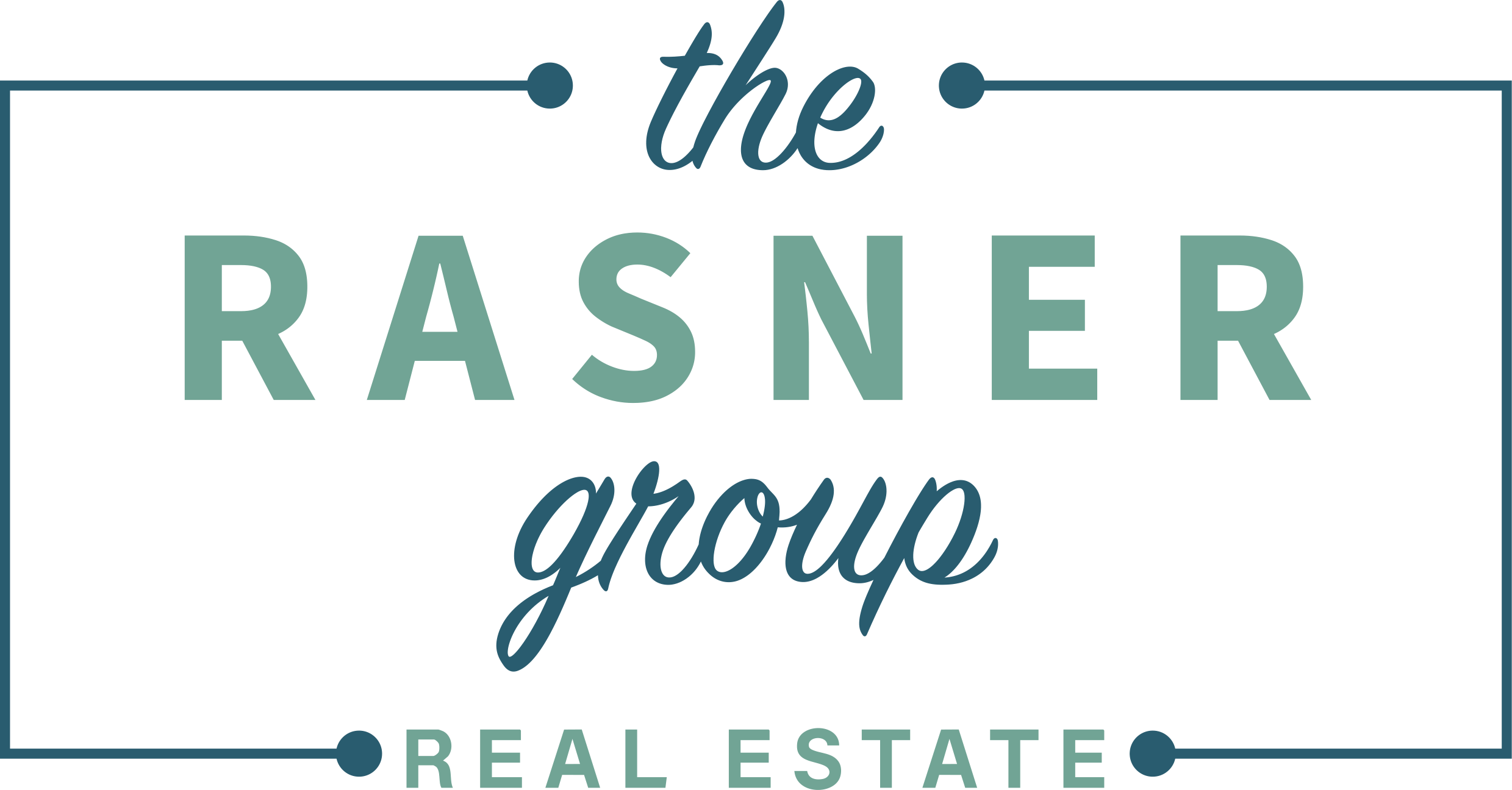The First Step: Getting Pre-Approved for a Mortgage
In the ever-evolving landscape of real estate, one thing remains constant: the importance of being prepared. If you're considering purchasing a home, getting pre-approved for a mortgage should be your initial step. In a competitive market where more buyers are entering the fray, securing pre-approval could be the key to making a winning offer that stands out from the crowd.
But what exactly does mortgage pre-approval entail? Simply put, it's a process where a lender meticulously evaluates your financial standing to determine how much you are qualified to borrow. This assessment considers various factors, each playing a crucial role in shaping the outcome:
Assets: Lenders will scrutinize your assets, including savings, investments, and any other valuable possessions you own. These assets serve as reassurance for lenders, indicating your ability to handle financial commitments.
Credit History: Your credit history paints a picture of your financial responsibility. Lenders will review your credit report to gauge your repayment habits, outstanding debts, and overall creditworthiness.
Debt: Existing debts, such as student loans, car payments, and credit card balances, can influence your pre-approval status. Lenders will assess your debt-to-income ratio to ensure you can manage additional mortgage payments responsibly.
Employment: A stable employment history is highly favorable in the eyes of lenders. They'll verify your employment status and income stability to assess your ability to meet mortgage obligations over the long term.
Income: Your income is a fundamental determinant of your borrowing capacity. Lenders will evaluate your income sources, consistency, and adequacy to ascertain how much you can comfortably borrow.
So, why should you prioritize getting pre-approved for a mortgage?
Firstly, pre-approval instills confidence in your homebuying journey. By knowing exactly how much you're qualified to borrow, you can navigate the market with a clear understanding of your financial parameters. This confidence empowers you to make informed decisions and pursue properties within your budgetary constraints.
Moreover, pre-approval serves as a powerful negotiating tool. When sellers receive an offer with a pre-approval letter, they view it as a sign of serious intent. This perceived commitment enhances the credibility of your offer and may tilt the scales in your favor, especially in competitive bidding scenarios.
Furthermore, pre-approval streamlines the homebuying process, minimizing the risk of delays or complications. With your financial groundwork already laid out, you're well-positioned to expedite the loan approval process once you find your dream home. This efficiency not only saves time but also alleviates stress, allowing you to focus on the exciting prospect of homeownership.
To embark on your homebuying journey with confidence, it's essential to consult with a trusted mortgage professional. They can guide you through the pre-approval process, providing personalized insights and recommendations tailored to your unique financial situation.
In conclusion, securing pre-approval for a mortgage is more than just a preliminary step; it's a strategic advantage in a competitive real estate landscape. By proactively addressing your financial readiness, you position yourself as a serious contender in the market, poised to seize opportunities and embark on the path to homeownership. So, don't hesitate—take the first step towards your homeownership goals today.




